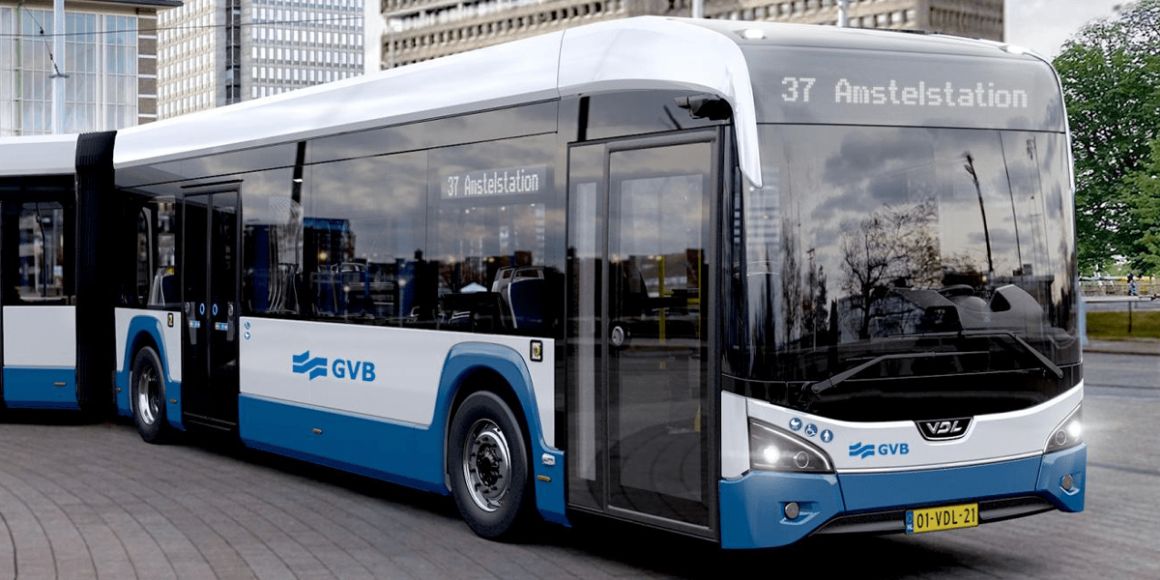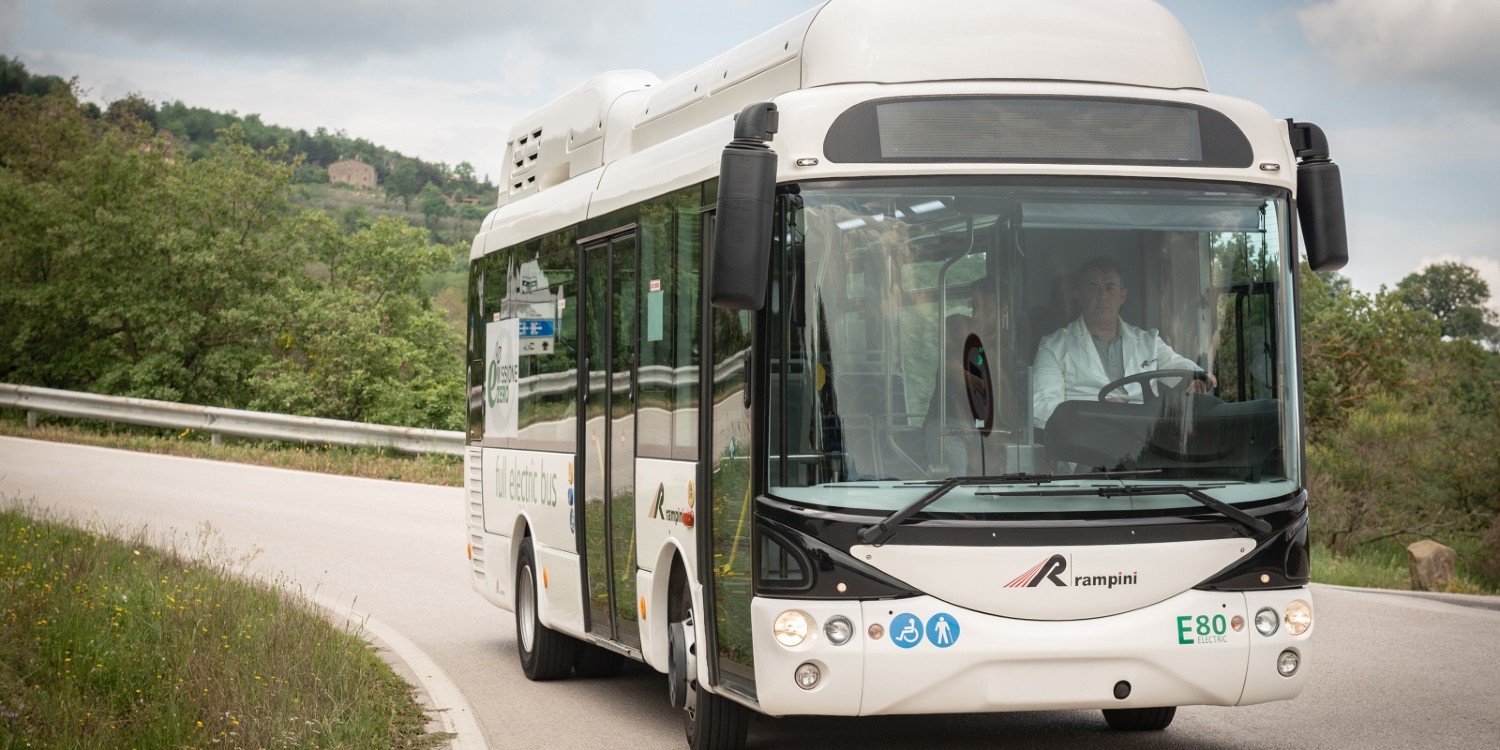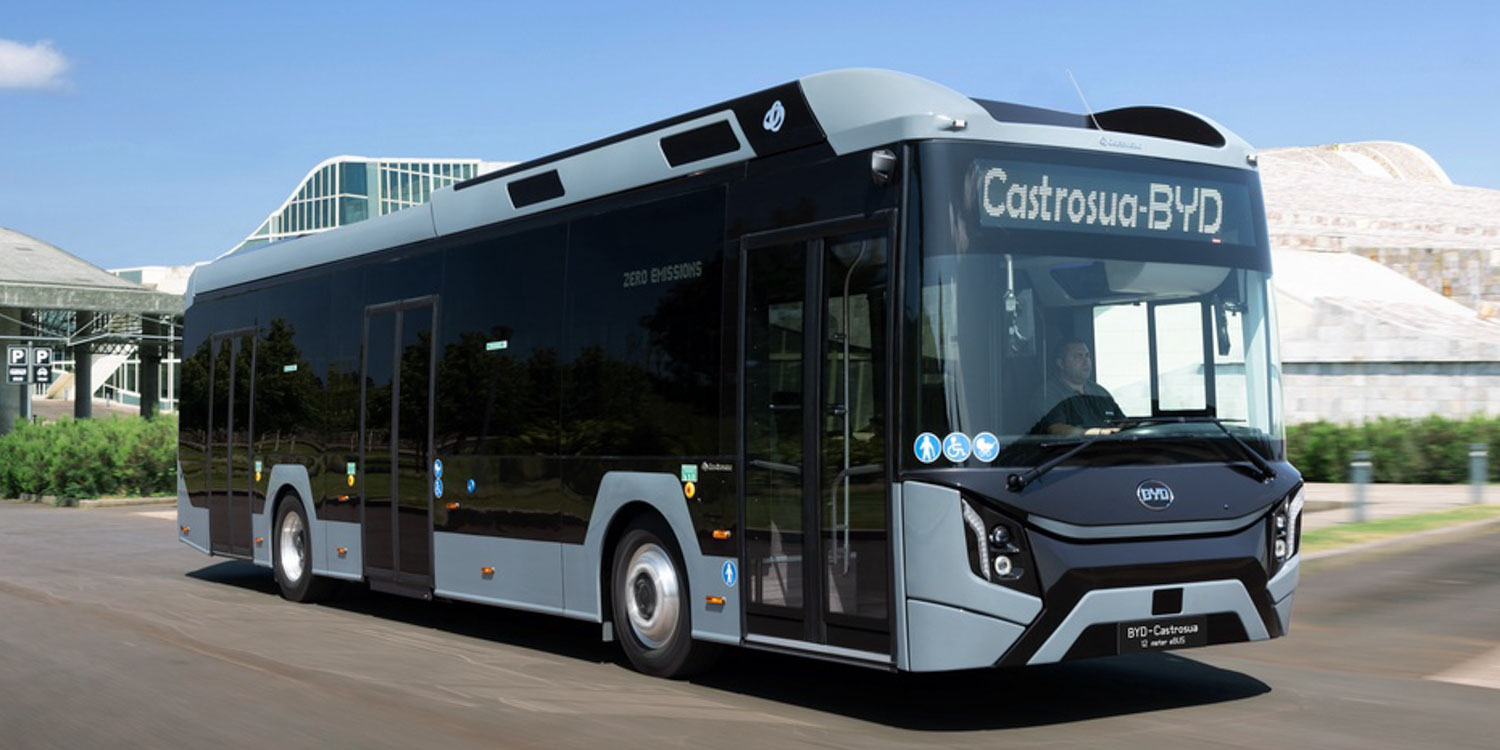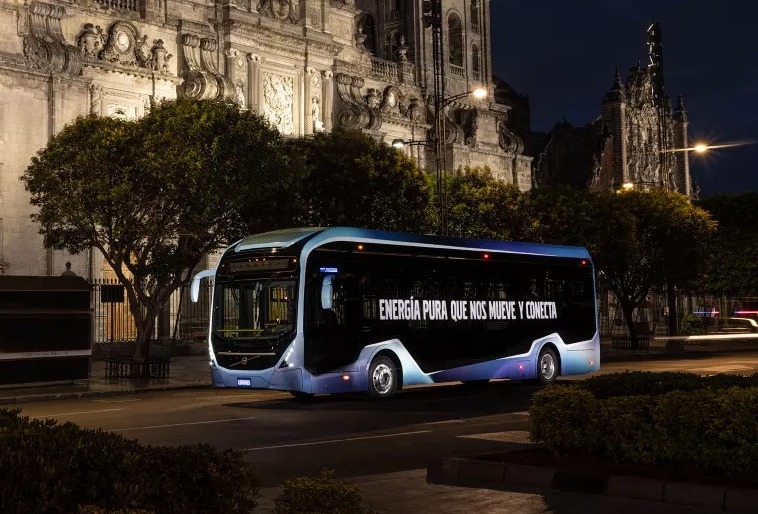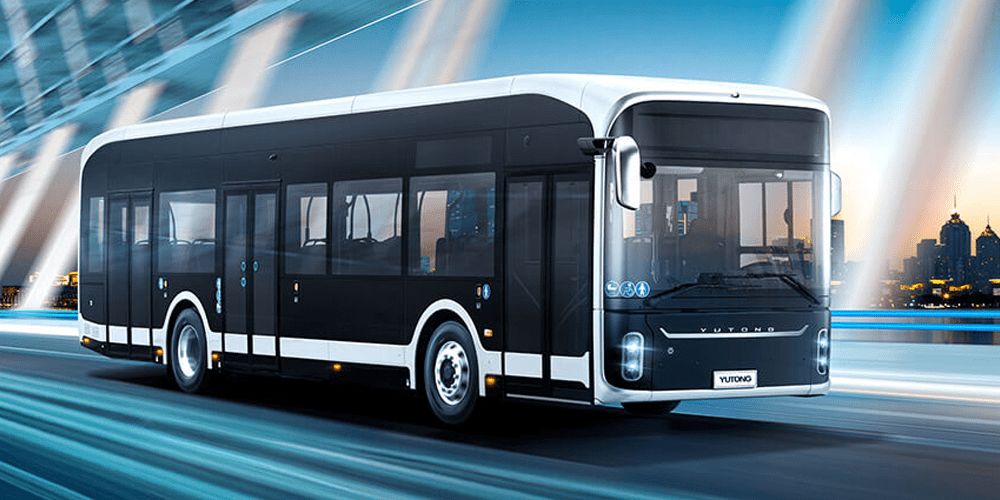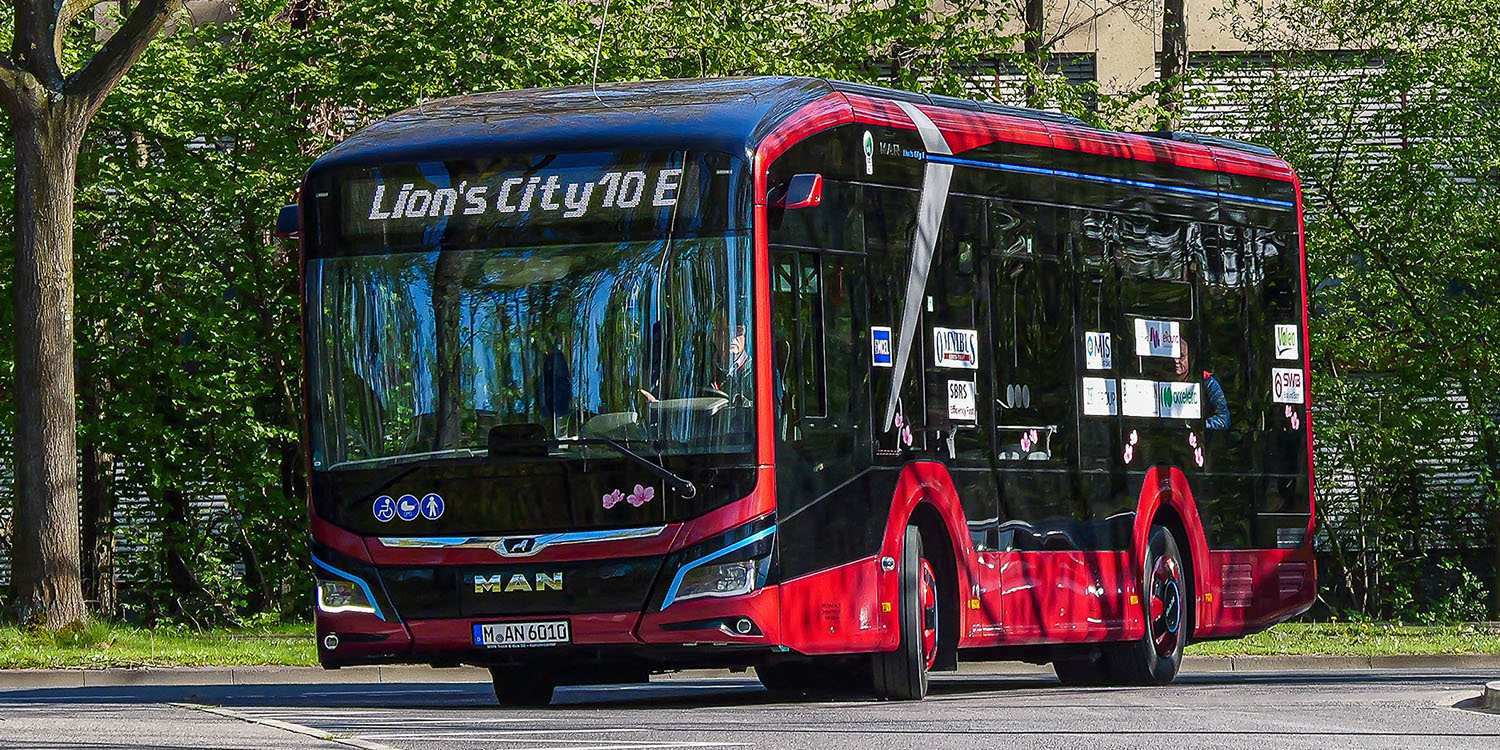Amsterdam’s public transit operator, GVB, is set to implement smart charging technology across its depots in the Dutch capital. Partnering with The Mobility House, GVB aims to intelligently charge its growing fleet of electric buses by the end of this year.
The initiative will involve intelligent charging of 159 electric buses at 190 DC charge points equipped with The Mobility House’s ChargePilot technology. The electric bus fleet consists of vehicles manufactured by VDL, according to reports.
Since 2022, GVB has already been utilizing this technology at the Amsterdam Central charging hub. Now, the collaboration is expanding to include an additional six depots throughout the city.
The Mobility House estimates that the Dutch transport company could potentially save up to €100,000 in network and energy costs annually through the implementation of ChargePilot. The system coordinates local utility rates with bus schedules and routes to optimize energy usage and cost efficiency.
The German company, The Mobility House, will gradually implement ChargePilot, integrating it into the existing urban mobility ecosystem. This deployment marks a significant step towards achieving an all-electric bus fleet in Amsterdam, aligning with GVB’s goal of operating zero-emission buses by 2025. The move is in compliance with the city of Amsterdam’s “Clean Air Action Plan” and other charging regulations set by the city and the network operator.
The Mobility House’s charging and energy management system will seamlessly communicate with GVB’s existing planning tools. This integration allows for the exchange of crucial data for the smooth operation of electric buses, such as battery levels upon arrival, desired state of charge at the destination, and the need for preconditioning per VDV 261 and ISO 15118 standards. By leveraging this information, the interconnected systems can effectively control and monitor individual charging processes, ensuring that each bus is reliably prepared for service at the beginning of its route.
Jan Winkler, Senior Business Development Manager at The Mobility House, expressed satisfaction with GVB’s decision to expand the use of ChargePilot beyond Amsterdam Central Station, stating, “We are looking forward to further expanding our successful cooperation, bringing many more services of our software to bear, such as optimizing charging performance based on current electricity prices.”
The ChargePilot platform offered by The Mobility House is available internationally. In the United States, the company has partnered with the New York State Metropolitan Transportation Authority (MTA) to deploy its smart charging and energy management solution, ChargePilot, for New York City Transit (NYCT) — the largest public bus fleet operator in the US. This collaboration was established in November last year.
As GVB embraces smart charging technology and integrates ChargePilot across its depots, the transition to an all-electric bus fleet in Amsterdam moves closer to realization. The advancements in intelligent charging not only contribute to GVB’s emission reduction goals but also pave the way for more sustainable and cost-effective public transportation systems worldwide.

